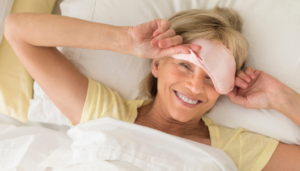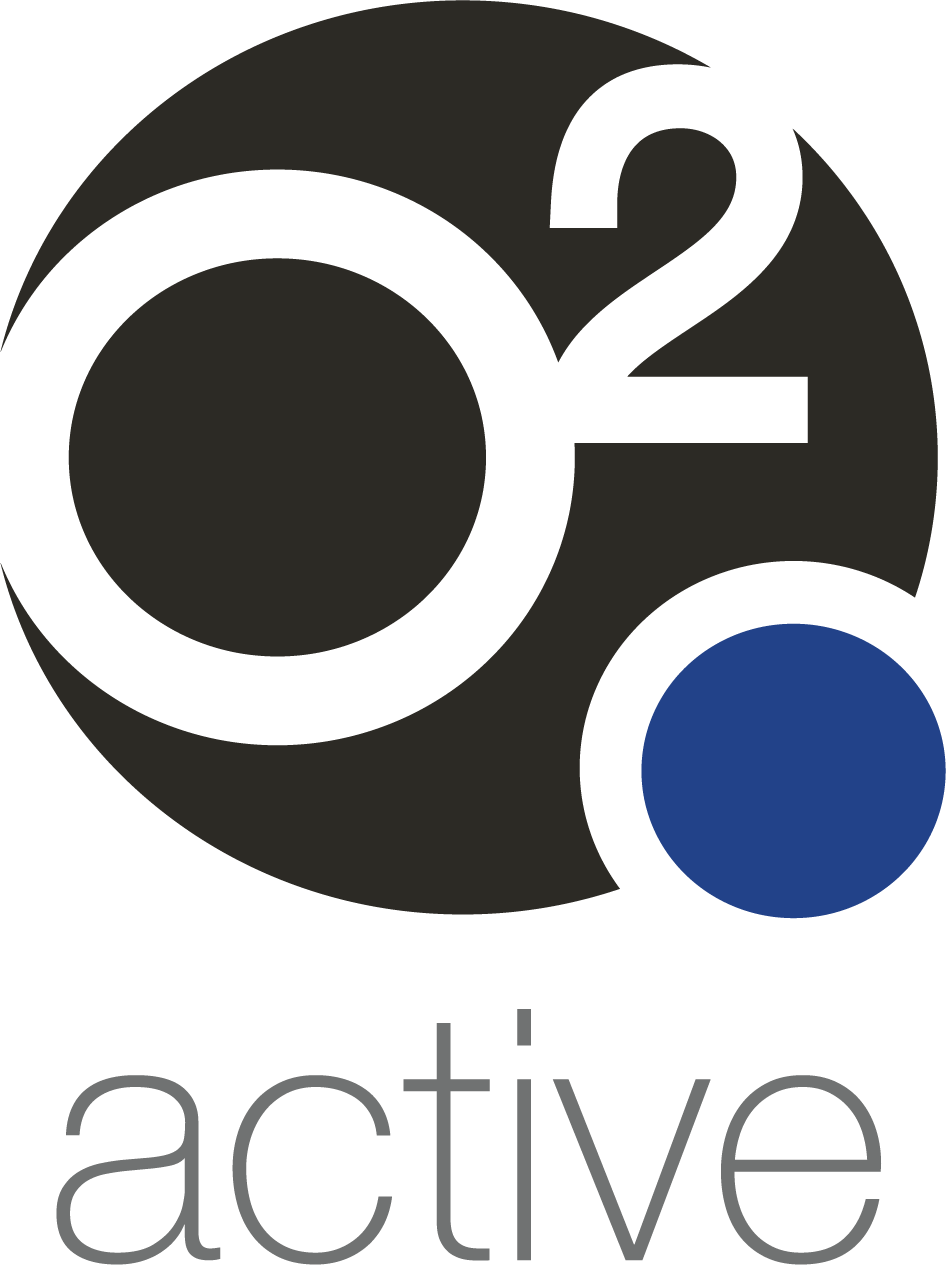
Article by Issy Rondoni
Sleep… we all know we need it, but a very small percentage of us actually get the recommended amount. Having a good sleep pattern is just as important as eating, drinking and breathing. Sleep is the foundation of good health and well-being no matter your age. The quality of your sleep can directly affect your mental and physical health.
The recommended amount of sleep varies for each person;
- Majority of adults require between seven to nine hours of sleep per night to maintain good health.
- Six to thirteen-year-olds are recommended approximately nine to eleven hours of sleep, and
- 14 to 17-year-olds are recommended approximately eight to ten hours of sleep per night.
If you often operate on less sleep than the above recommended and think you cope well, doesn’t mean you won’t feel a lot better and achieve more in your day if you sleep the recommended amount (Smith, Robinson, & Segal, 2019).
We all have an internal ‘body-clock’ that controls when we are ready to wake and lets us know when it’s time to sleep. This is a 24-hour repeating pattern known as circadian rhythm, which releases daily chemicals. This rhythm is in sync to certain cues in your surrounding environment. For example, as the sun rises, your body releases cortisol, a hormone that naturally prepares your body to wake up and throughout the day your body should feel more awake.
When it gets dark, your body releases a hormone called melatonin. Melatonin signals to your body that it’s time to prepare for sleep, helping you feel drowsy. The amount of melatonin in your bloodstream peaks as the evening wears on. However, exposure to bright artificial light from electronic devices like phone and TV screens, in the late evening can disrupt this process, making it hard to fall asleep.
Stages of Sleep
There are four stages of sleep: non-REM (REM standing for rapid eye movement) sleep (stages 1, 2 and 3) and REM sleep. During a night’s sleep, these stages of sleep occur on a continuous cycle. One completed cycle can take an average of 90 to 110 minutes.
The first cycle of sleep often has a short REM sleep with longer periods of deep sleep (later in the night this is reversed). During the deep sleep stage, a human growth hormone is released which restores your body and muscles from the stresses/activities of your day (Nehring, 2019).

NON-REM: Drowsy (5-10 MINS) LIGHT SLEEP, CAN BE AWAKENED EASILY. EYES AND MUSCLE ACTIVITY SLOWS.
STAGE 1: LIGHT SLEEP (20 MINS). EYE MOVEMENT STOPS. BODY TEMPERATURE DROPS, HEART RATE SLOWS.
STAGE 2: MODERATE SLEEP: MAJORITY SLOW DELTA WAVES, PARASOMNIAS (EG. SLEEP TALKING/WALKING CAN OCCUR).
STAGE 3: DEEP SLEEP CONTINUES (30 MINS). IF AROUSED FROM THIS STAGE, CAN FEEL QUITE DISORIENTATED.
REM: DREAMING. EYES REMAIN CLOSED, BUT MOVE RAPIDLY FROM SIDE-TO-SIDE. INTENSE DREAM AND BRAIN ACTIVITY OCCURRING, BUT MUSCLES ARE RELAXED.

Sleep Deficiency
Sleep deficiency (NIH Organisation, 2018) is a broad concept which occurs when:
- You don’t get enough sleep (sleep deprivation)
- You sleep at the wrong time of the day
- You don’t sleep well
- You have a sleep disorder that prevents you from getting enough sleep or causes poor quality sleep
Sleep deficiency is associated with an increased risk of chronic health problems which can include heart disease, kidney disease, high blood pressure, diabetes, stroke, obesity and depression.
Not Enough Sleep
Sometimes you may think you’ve had sufficient amount of sleep but wake up unrefreshed and unalert and feel tired throughout the day. This can affect your work, school and social interactions which can result in learning difficulties, focus and reaction times. Overall you might find yourself frustrated and cranky.
Although the amount of sleep you get per night is important, the quality of those hours you get is also very important. You may be spending enough time in bed asleep, but still find yourself struggling throughout the day. This could be the cause of not spending enough time in each of the stages of sleep.
Exercise and Sleep
Did you know that the two are closely linked? Exercise increases sleep quality, total sleep time and efficiency, and sleep onset latency (the length of time that it takes to transition from being fully awake to sleep) (Kredlow, Capozzoli, Hearon, Calkins, & Otto, 2015).
When you exercise during the day it can help your body prepare for a deep sleep at nighttime, which is where muscle rejuvenation takes place. Exercising daily uses more of your energy which helps your body wind down in the evening, making you feel ready for a good night’s sleep.
A 2011 study performed by Loprinzi and Cardinal examined the relationship between physical activity and sleep on 3,081 adults aged between 18-85 years of age (Loprinzi & Cardinal, 2011). The study found that if the recommended amount of physical activity per week was achieved – approximately 150 minutes – it would result in a 65% improvement in sleep quality. It was found that the participants who were more active would fall asleep faster. Resulting in a direct relationship between physical activity and sleep.
There are many factors that will impact your sleep, some of which we can control, like our exercise routine. However, there are multiple factors that could be the result of a poor sleep cycle.
Other Ways to Improve your Sleep:
- Create a regular sleep schedule
- Be smart about what you eat and drink in the evening and before bed
- Get help with stress management
- Improve your sleep environment
- Develop a relaxing bedtime routine to unwind from your day
If you’d like help with an exercise routine to help with your sleep cycle, please get in touch!
